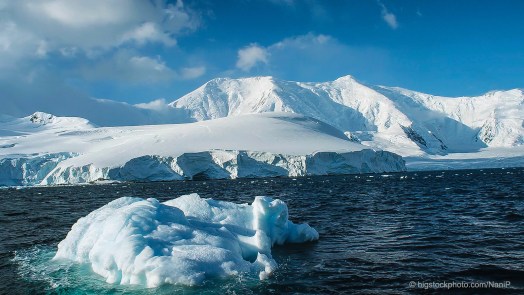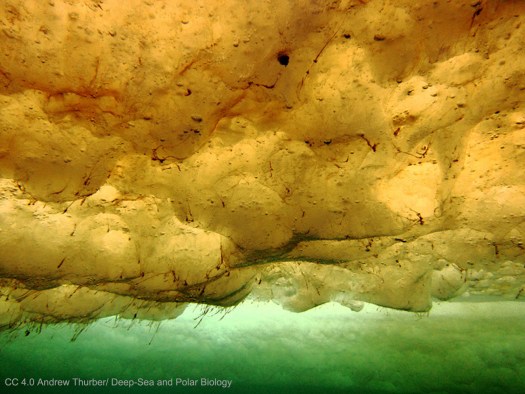 Yesterday we mentioned sunspots and their potential effect on our planet. Sunspots are areas where the local magnetic field is thousands of times stronger than on the rest of the Sun’s surface. We know that sunspots adversely affect electric grids and orbiting satellites. There are unanswered questions about sunspots and Earth’s climate.
Yesterday we mentioned sunspots and their potential effect on our planet. Sunspots are areas where the local magnetic field is thousands of times stronger than on the rest of the Sun’s surface. We know that sunspots adversely affect electric grids and orbiting satellites. There are unanswered questions about sunspots and Earth’s climate.
When sunspots occur, the stronger magnetic field constricts the hot plasma of the Sun, creating a somewhat cooler area. Why is it, then, that historically in times when sunspots are rare, Earth’s climate has become colder? Are sunspots the cause, or was it just a coincidence?
Scientists refer to the period from 1645 until 1715 as the Maunder Minimum, because sunspot activity was minimal. That also corresponds with the coldest years of what is sometimes called the Little Ice Age. It was not a true ice age, but the Northern Hemisphere experienced winters that were longer and colder than usual. European rivers froze, Vikings abandoned Greenland, and farmers in Norway lost farmland to advancing glaciers.
So the unanswered question concerns sunspots and Earth’s climate. Does the lack of sunspots cause lowered temperatures on Earth, or have past trends been coincidental? We don’t know, and science cannot find an explanation. Many scientists are predicting reduced sunspot activity in the coming years. Perhaps God is providing a way to counter-balance present concerns about global warming, but only God knows what the future holds.
It is interesting that the years 1643 to 1715 also mark the reign of Louis XIV of France, known as “Louis the Great.” He was also known as “the Sun King” because he chose the Sun as his symbol, and his subjects (or perhaps Louis himself) compared him to Apollo, the ancient Greek sun god. Louis the Great reigned for 72 years during the Maunder Minimum. But even the so-called Sun King could not control the Sun. Only the Creator of the Sun, Moon, and stars can do that, and only He knows if there is a connection between sunspots and Earth’s climate.
— Roland Earnst 2019








 Climate change is a fact, as we have
Climate change is a fact, as we have